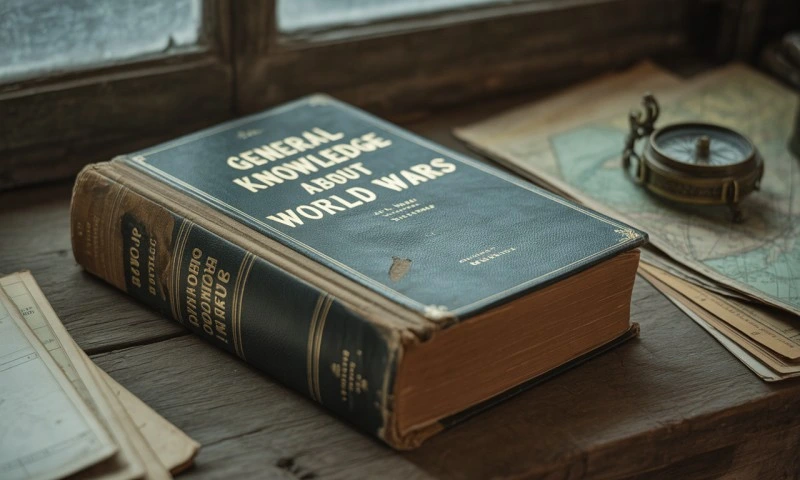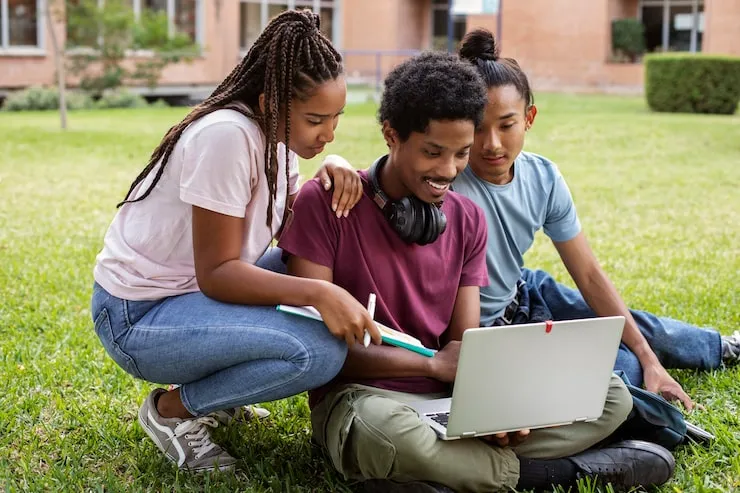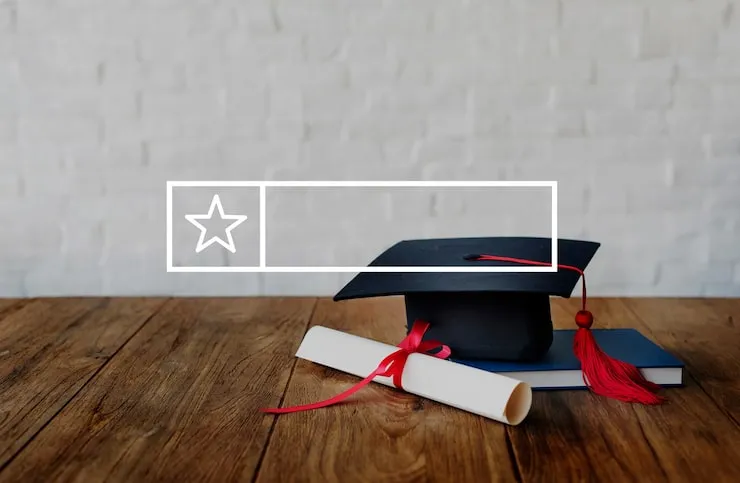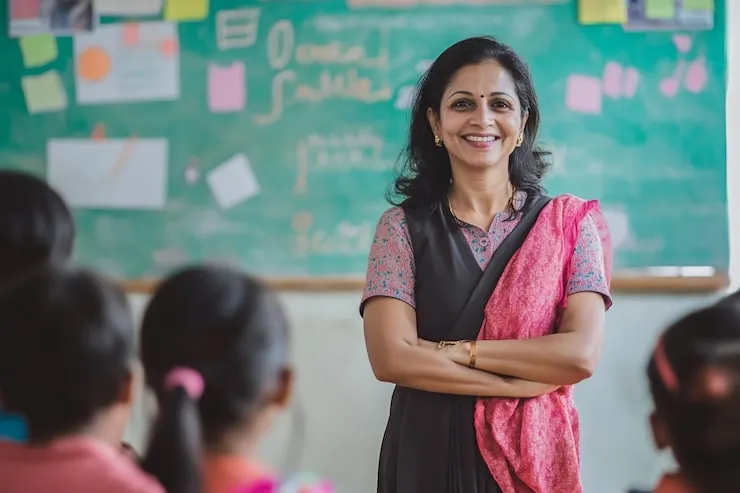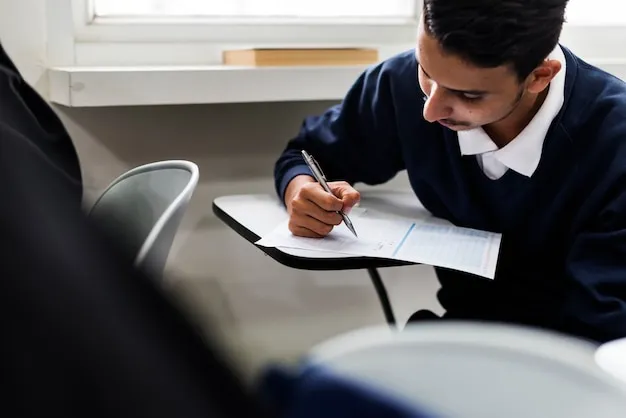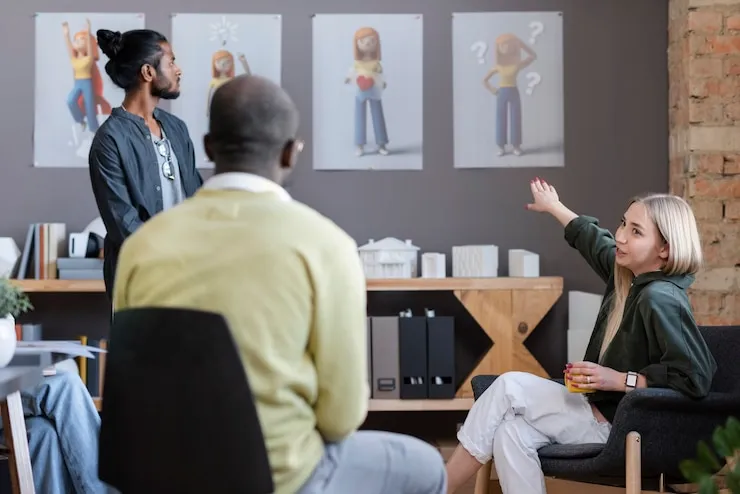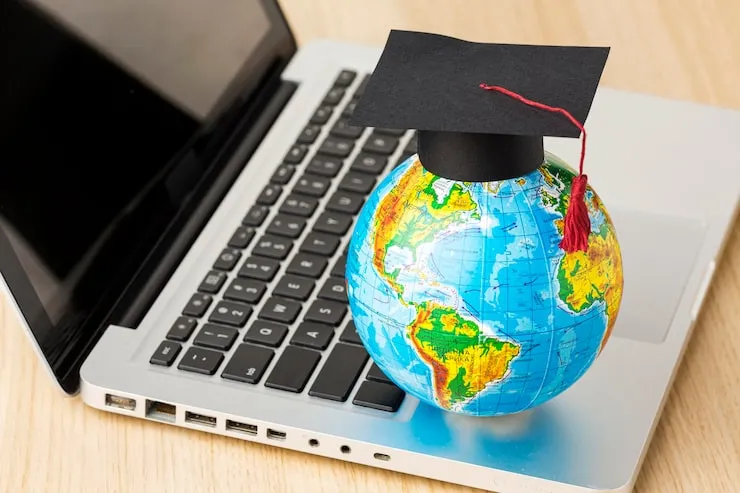Hello there! Today I want to share with you some interesting facts about the big wars that changed our world. When I was your age, I was really curious about history too. Let's dive into some General Knowledge About World Wars that I think you'll find fascinating!
General Knowledge About World Wars: The Basics
When I first started learning about world wars, I was amazed at how much these events shaped our modern world. World wars were huge fights that involved many countries across different continents. They weren't just small battles - they were conflicts that changed maps, governments, and how people lived.
There have been two world wars so far in our history:
- World War I (1914-1918)
- World War II (1939-1945)
Both wars were really big and caused a lot of changes in how countries work together today. Let me tell you more about each one!
The First World War: How It All Started
I remember being confused about why World War I started when I first learned about it. It all began with something that seemed small at the time - the assassination of Archduke Franz Ferdinand of Austria-Hungary on June 28, 1914. This happened in Sarajevo, and it was like knocking over the first domino in a long line. Countries had made promises to help each other (these were called alliances), and soon many nations were pulled into the fight.
The main groups fighting were:
- The Allied Powers: Britain, France, Russia, Italy, and later the United States
- The Central Powers: Germany, Austria-Hungary, Ottoman Empire (Turkey today), and Bulgaria
This war was different from earlier wars because:
- Soldiers fought in trenches (long ditches in the ground)
- New weapons like machine guns, tanks, and poison gas were used
- Airplanes were used for fighting for the first time
- Many regular people at home were affected too
The war ended on November 11, 1918, when Germany agreed to stop fighting. About 9 million soldiers died, which is more people than live in many big cities today!
World War II: An Even Bigger Conflict
World War II started about 20 years after the first one ended. I find it sad that people couldn't prevent another big war from happening so soon.
The war officially began on September 1, 1939, when Germany, led by Adolf Hitler, invaded Poland. Other countries like Britain and France promised to protect Poland, so they declared war on Germany.
The main groups in this war were:
- The Allies: Britain, France, Soviet Union, United States, and many others
- The Axis: Germany, Italy, and Japan
World War II was even bigger and more destructive than the first one. It spread across Europe, Asia, Africa, and involved battles in the Atlantic and Pacific Oceans.
Who Won World War 2
The Allies won World War II after almost six years of fighting. The war in Europe ended on May 8, 1945 (called V-E Day or Victory in Europe Day) when Germany surrendered. The war in Asia ended on September 2, 1945, when Japan surrendered after the United States dropped atomic bombs on the Japanese cities of Hiroshima and Nagasaki.
I think it's important to remember that even though we talk about who "won," war really has no winners. About 75 million people died during World War II, including many civilians (people who weren't soldiers). This makes it the deadliest conflict in human history.
Interesting Facts About Both World Wars
When I was in school, I loved learning surprising facts about history. Here are some interesting things about the world wars that you might not know:
Technology and Inventions
During wars, people often create new inventions to help their side win. Some things we use today were first developed during the world wars:
- Blood banks: Storing blood for injured soldiers began in WWI
- Wristwatches: Soldiers in WWI needed to check the time without reaching into their pockets
- Radar: Developed to detect enemy planes in WWII
- Jet engines: First used in planes at the end of WWII
- Computers: Early computers were developed to break secret codes during WWII
I find it amazing that even during such terrible times, human creativity led to things that help us today.
Animals in the Wars
Did you know animals helped during the wars too? This is one of my favorite topics to share with young people:
- Carrier pigeons delivered important messages
- Dogs helped find wounded soldiers and carried medical supplies
- Horses and mules transported equipment and soldiers
- One bear named Wojtek was actually enlisted as a soldier in the Polish army during WWII and carried artillery shells!
I always thought the story of Wojtek the bear was both funny and incredible - a real bear helping soldiers!
How the World Wars Changed Our World
When I think about why it's important to learn about General Knowledge About World Wars, I remember that these events shaped the world we live in today. Here's how:
New Countries and Borders
After World War I:
- The Austria-Hungary Empire broke apart into several countries
- New countries like Czechoslovakia, Yugoslavia, and Poland appeared on the map
- The Ottoman Empire ended, creating modern Turkey and new countries in the Middle East
After World War II:
- Germany was split into East and West for over 40 years
- The Soviet Union gained control over many Eastern European countries
- Many colonies in Asia and Africa started fighting for independence
The maps in your classroom today look very different from maps from 1914!
The United Nations
One of the most important things that happened after World War II was the creation of the United Nations (UN). I learned that countries decided they needed a place to talk about problems instead of fighting about them.
The UN was formed in 1945 with these main goals:
- Keep peace between countries
- Protect human rights
- Deliver humanitarian aid when needed
- Support sustainable development
- Uphold international law
Today, almost every country in the world is a member of the UN. It's not perfect, but it has helped prevent another world war from happening.
General Knowledge About World Wars Quiz: Test What You've Learned
I always found quizzes a fun way to remember facts. Let's see how much you've learned so far with this mini-quiz:
- In what year did World War I begin?
- Who won World War 2?
- What event directly triggered the start of World War I?
- Which country dropped atomic bombs on Japan to end World War II?
- What organization was created after World War II to help keep peace?
(Answers: 1. 1914, 2. The Allied Powers, 3. The assassination of Archduke Franz Ferdinand, 4. The United States, 5. The United Nations)
Important People During the World Wars
When I was learning about history, I found it easier to remember events when I knew about the people involved. Here are some important leaders during the world wars:
World War I Leaders
- Woodrow Wilson: President of the United States who tried to create peace with his "Fourteen Points"
- Kaiser Wilhelm II: Leader of Germany during WWI
- King George V: King of Great Britain during WWI
- Tsar Nicholas II: Last Russian Emperor who was overthrown during the war
World War II Leaders
- Franklin D. Roosevelt: U.S. President for most of WWII who led America's war effort
- Winston Churchill: British Prime Minister famous for inspiring speeches
- Joseph Stalin: Leader of the Soviet Union
- Adolf Hitler: Leader of Nazi Germany who started the war in Europe
- Emperor Hirohito: Japan's emperor during the war
I think learning about these people helps us understand that wars happen because of decisions real people make, not just because of faceless countries.
Stories of Ordinary People
One thing I've learned over the years is that General Knowledge About World Wars should include stories of regular people, not just famous leaders or big battles.
Civilians During Wartime
Millions of regular people had their lives changed by the world wars:
- Families were separated as fathers and sons went to fight
- Many people had to leave their homes to escape fighting
- Food was rationed, meaning everyone got limited amounts
- Women took on new jobs in factories and farms
- Children were sometimes sent away from cities to live in safer places
I've talked to older relatives who lived during World War II, and they told me about saving every scrap of food and metal for the war effort. People grew "victory gardens" to grow their own vegetables when food was scarce.
Brave Helpers
There were also many brave people who helped others during the wars:
- Oskar Schindler saved about 1,200 Jewish people during the Holocaust
- Irena Sendler rescued 2,500 Jewish children from the Warsaw Ghetto
- Raoul Wallenberg saved tens of thousands of Hungarian Jews
- Nicholas Winton organized the rescue of 669 children from Czechoslovakia
I find these stories of ordinary people doing extraordinary things very inspiring. They remind me that even in the darkest times, people can choose to be kind and brave.
Memorials and Remembrance
When I've traveled to different countries, I've seen many memorials for those who died in the world wars. People build these special places so we never forget what happened:
- The Tomb of the Unknown Soldier in many countries honors unidentified soldiers
- Remembrance Day (November 11) marks the end of World War I
- Holocaust memorials remember the millions of Jewish people and others killed by Nazi Germany
- War museums around the world help people learn about what happened
In my hometown, we have a small memorial with names of local people who died in the wars. I sometimes stop there to read the names and think about their lives.
Lessons We Can Learn
I believe the most important part of General Knowledge About World Wars is understanding what we can learn from these terrible events.
Working Together for Peace
The biggest lesson is that countries need to work together and talk about problems before they get too big. That's why organizations like the United Nations are so important.
Standing Up Against Hate
Another lesson is that we need to speak up when we see people being treated unfairly because of who they are. The Holocaust happened because too many people stayed silent while others were being hurt.
The True Cost of War
Finally, learning about world wars helps us understand the true cost of conflict. War isn't like video games or movies - real people get hurt, families are separated, and cities are destroyed. I hope that by learning about what happened in the past, your generation will be better at solving problems peacefully.
Conclusion: Why This Knowledge Matters
As I finish writing this guide to General Knowledge About World Wars, I want to explain why I think this topic matters for young people today.
Understanding world wars helps us:
- Appreciate the peace we have now
- Learn from mistakes made in the past
- Remember the brave people who fought for freedom
- See how countries can rebuild after terrible conflicts
- Recognize warning signs so we can prevent future wars
The philosopher George Santayana once said, "Those who cannot remember the past are condemned to repeat it." I think that's why learning about history, even the sad parts, is so important. I hope you've enjoyed learning some General Knowledge About World Wars today. If you're curious to learn more, ask your teachers, visit your local library, or even talk to older relatives who might have family stories to share. Remember, learning about history isn't just about memorizing dates and facts - it's about understanding people and the choices they made that shaped our world today. What fascinating history fact did you find most interesting? I'd love to know!



